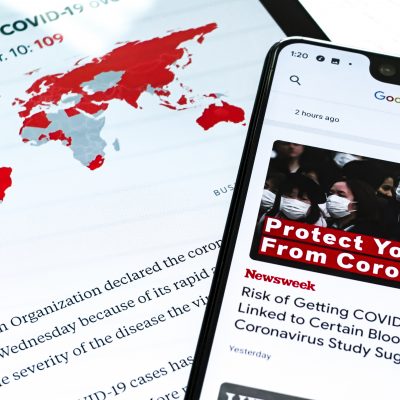Details
Article
Kendell Miller-Roberts is a Fellow from the 2018 Copenhagen Fellowship.
We are living in a crisis. And no, I’m not talking about the COVID-19 pandemic. I’m talking about the lack of access to affordable, safe, and accessible housing in the United States.
“Forty-seven percent of Americans spend at least a third of their income on housing. A staggering quarter of renters spend half of their income on rent. Recent statistics show that a percentage of families facing eviction in various cities in the U.S. owe just 600 USD or less.“
Housing inequity issues such as homelessness, gentrification, eviction, environmental racism, and the lingering effects of racial segregation were already important and pressing issues to address, but the COVID-19 pandemic is exacerbating housing inequity in the United States at an alarming rate. It is time that passing comments on the need for affordable, safe, and accessible housing become demands for action at the local, state, and federal level. And for all human rights activists to incorporate advocating for housing justice into their praxis.
With unemployment at an all-time high and many families being forced to choose between rent and food, securing stable housing has never been more pressing and necessary to the public’s physical and mental health. Eviction moratoriums are great, but that doesn’t stop people from owing money for rent, and failing to pay rent is the most common path to eviction. And unfortunately, the eviction moratoriums will eventually lift.
With pushback from landlords, renters and tenant advocacy groups have called to #CancelRent across the nation in the midst of a global pandemic. Representative Ilhan Omar, Democrat of Minnesota, has introduced the Rent and Mortgage Cancellation Act of 2020. Even Republican Florida Senator Rick Scott has called for a 60-day moratorium on rent, mortgage, and utilities.
There is no doubt that the COVID-19 pandemic has completely upended “normal” life. For those of us fortunate enough to have a stable residence to self-isolate within, we have spent more time inside than we would have ever dreamed. Our homes have become schools, gyms, and workplaces all in one. Whether you’re making bread or attempting to set the world record for the most Zoom calls in a day, our homes occupy a critical and force-shaping pillar in our lives as we grow and search for our place in this world. Sociologist Matthew Desmond sums it up perfectly in his book Evicted, “Without stable shelter, everything else falls apart.”
“We are living in a crisis. And no, I’m not talking about the COVID-19 pandemic. I’m talking about the lack of access to affordable, safe and accessible housing in the United States.”
Forty-seven percent of Americans spend at least a third of their income on housing. A staggering quarter of renters spend half of their income on rent. Recent statistics show that a percentage of families facing eviction in various cities in the U.S. owe just 600 USD or less. The Center for Investigative Reporting has revealed how the pervasive discrimination against Black and Brown communities in home lending is shaping wealth inequity. In my hometown of Dallas, harmful zoning laws result in racially unjust realities such as Shingle Mountain– a 70,000 ton pile of roof shingles that sits behind residential properties in South Dallas.
“Housing inequity issues such as homelessness, gentrification, eviction, environmental racism, and the lingering effects of racial segregation were already important and pressing issues to address, but the COVID-19 pandemic is exacerbating housing inequity in the United States at an alarming rate.”
There is a quote that is often attributed to Gandhi which reads, “The greatness of a nation and its moral progress can be judged by the way its animals are treated.” But I believe that a nation’s character can be measured by its investment, or disinvestment, into the housing needs and rights of its citizens. Housing inequity exposes us. It shows us that even having a residence to call “home” is a privilege that we believe should only be afforded to some. Or worse, that privileged people can literally take up more space through the ownership of multiple residential properties, and figuratively take up more space through a monopoly of power and economic wealth. Yet above all else, it reveals that we’re complicit in maintaining the injustice of shelter and spatial oppression, particularly against marginalized communities.
I’m calling on all human rights advocates to incorporate housing justice into their advocacy. We need to integrate a framework into our activism that prioritizes housing justice for all, especially for the most marginalized. Regardless of your personal advocacy issue, it almost certainly intersects with housing equity. Because no identity, no community, and no person is exempt from needing housing. This need crosses the boundaries of cultures and languages, transcends the boxes of identities, and spans time—even as the climate changes and intergenerational narratives evolve.
Housing is our issue. And we are living in a crisis.





